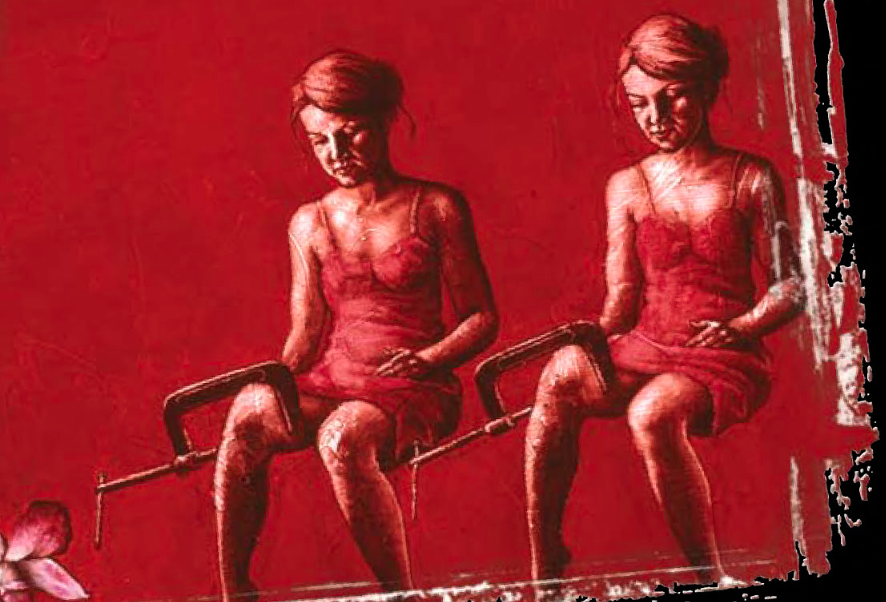Lug Your Careless Body out of the Careful Dusk
by Joshua Marie Wilkinson
University of Iowa Press, $16 (paper)
Joshua Marie Wilkinson’s second book, Lug Your Careless Body out of the Careful Dusk: a poem in fragments, delivers, in part, what its subtitle promises. This is indeed a book of fragments, many of them lovely, arresting, mysterious: “Sad luck of coins / in the dryer. Church songs / or hollering / behind the conversation / on the phone.” However, the subtitle also implies that these fragments will somehow cohere into a satisfying poem, either by suggesting the completeness they once partook of or else by thematizing or theorizing their brokenness. Lug Your Careless Body fails to achieve this. Fragmentation can be used to brilliant effect when pursued with rigor and purpose, rewarding readers for their efforts to contend with the gaps and fracture; Emily Rosko accomplishes as much in Raw Goods Inventory, which shared the 2005 Iowa Poetry Prize with Lug Your Careless Body. But Wilkinson’s book proceeds from fragment to fragment heedlessly, with the sense that any of its passages could be moved around or removed at random with no appreciable damage to the aggregate, whose apparent aim is merely an “overall effect.” This is a book of riffs—frequent mentions of telephones, light, little boys, moths, horses, cities, and ladders—that might be thought of generously as image systems or less generously as tics. When Wilkinson writes, “You took your apricot dress to the drycleaners / & left it forever,” the reader is presented with a flash of narrative with real affective potential, but very little else in the text supports the reader’s impulse to regard it as such, and Wilkinson has already moved on. One fragment suggests that “each story / depends on the part / the teller forgets.” As a poet and a storyteller, Wilkinson seems to have forgotten too much. As a result, his book—which could have been far greater than the sum of its parts—is entirely too forgettable.







